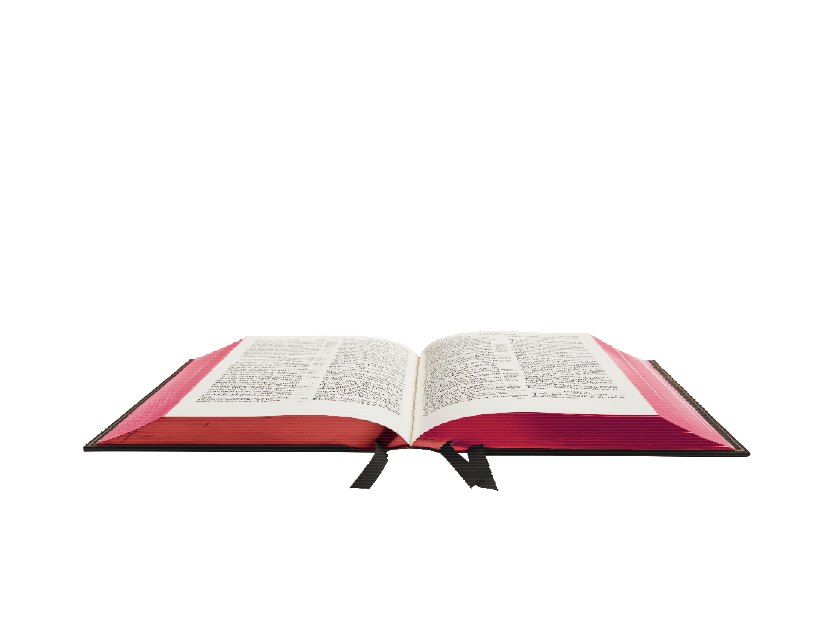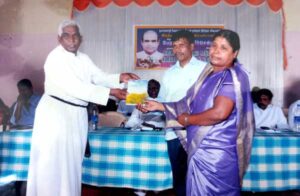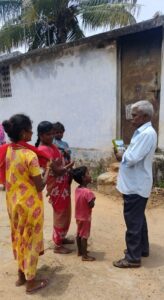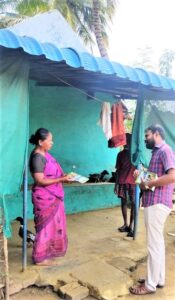Velliangadu Irula Project
Introduction
The individuals referred to as ‘Irular’ inhabit densely forested regions characterized by significant darkness. The Irula community resides in the Velliangiri hill area of
Coimbatore, as well as in Anaikatti and Attipadi in the state of Kerala, and in Coonoor, Anaipallam, and the vicinity of Pillur Dam in the Nilgiris. Their primary language is Irula. This group consists of approximately 2, 00,000 individuals residing in Kerala and Tamil Nadu, spread across 148 tribal villages. The Christian population is 0.31%.
Gallery
Irula Culture
Cultural Aspects:
The individuals consume Ragi kali, thinai, and samai, in addition to rice. They engage in hunting animals and birds, which they prepare as food. Their primary occupations include gathering honey from the forest for sale, raising sheep and cattle, grazing them, and cultivating various forest crops. Traditionally, these tribes have preferred to reside on hill slopes; however, many have recently settled in the plains adjacent to the hills. The dwellings of the Irula tribes are constructed from bamboo branches and are thatched with dried coconut leaves and grasses. Each house features a designated area for storing goat and cow dung, while the entire family typically occupies a single room.
Festive:
The Irula tribe holds a profound belief in God, encompassing devotion to various deities, including those from Saiva and Vaisnava traditions. The Sivarathiri festival is celebrated with great grandeur, reflecting the deep connections within the community. Sivarathiri stands out as the most significant festival, during which the tribe engages in a feast with the Pa’lkurumpakavunder-Irular, fostering strong relationships among participants. Additionally, they honor other traditional deities, such as Maniarasuamman, Veerakali, Vanapathrakali, and Malleswaran, through their rituals and celebrations.
Matrimonial Practice:
A delegation of approximately four to seven individuals from the groom’s family visits the prospective bride’s family to inquire about their background and family details, without partaking in any meals during this visit. They take the opportunity to meet the prospective bride. If they find her to their liking, they will drink water offered by her before they agree to share a meal. Following this, they will extend an invitation to the bride’s family to visit the groom’s residence, where they will discuss wedding arrangements and finalize the marriage date. The ceremony is held at the groom’s home.
Translation Project
Rev. Prof. S. Panneer Selvam had a vision to provide the Bible in the Velliangadu Irula language. God brought Mr. Samuel to pursue the translation of the Bible into this language. He was introduced to the IBT ministry by a Badaga pastor, Kutty. He underwent translation training at the IBT Centre and began translating the Bible into the Velliangadu Irula language.
The Gospel of Mark in this language was released by Rev. V. Ebenezer Mani on 2nd June 2014 at the TELC Church auditorium, Coimbatore. The Gospel of Luke was released by Rev. S. C. Jayakumar on 26th January 2016 at CSI Christ Church, Trichy Road, Coimbatore. The New Testament was released by Rev. Ramesh Kumar on 18th May 2019 at the IBT Logos Camp 2019, Anaikatti, Coimbatore.
IBT aims to make the Bible accessible even to illiterate people. Therefore, an audio device containing the New Testament in the Velliangadu Irula language was released by IBT President Mr. Jabez Selwyn on 14th January 2023 at the IBT Centre, Coimbatore. It was re-released on 20th January 2024 at CSI Thomas Church, Ooty, with the help of World Cassette Outreach of India (WCOI).
The Book of Psalms and Proverbs in this language was released by Rev. Dr. N. Subramani (BSI) on 11th May 2024 at the IBT Logos Camp, held at Anaikatti, Coimbatore. The distribution of the released books and audio devices is in progress.Mr. Samuel is the current translator of this project.

Indian Bible Translators
14 Ashok Layout,
Civil Aerodrome Road,
Coimbatore – 641 014
- 90470 57414
- 90470 57414
- 0422 - 4520123
- info@ibtword.com
- indianbibletranslators@gmail.com
- Privacy Policy
Donate now by scanning our UPI QR code
through your payment apps.

© Copyright IBT | Designed and Developed by Pixtornet











